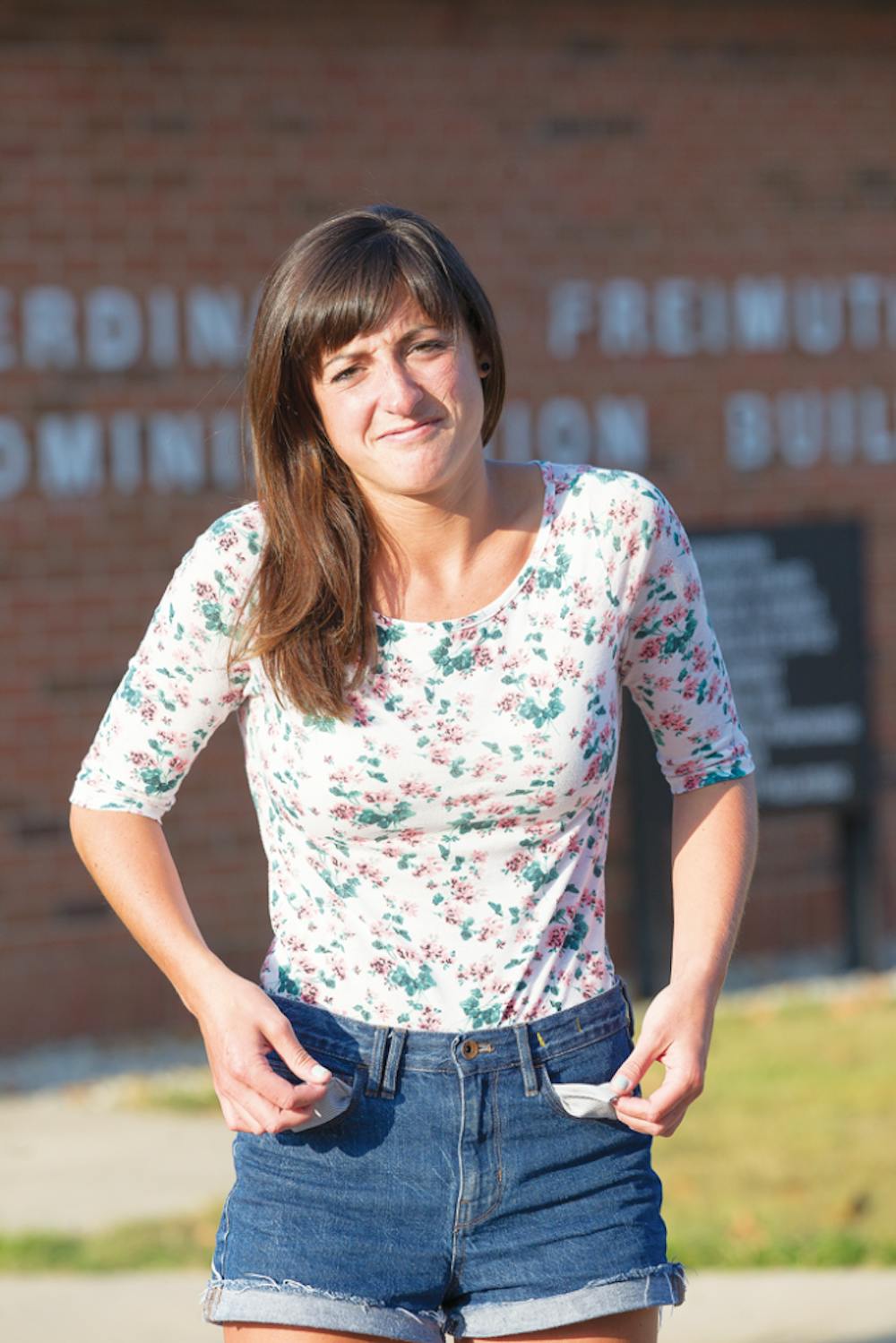Claire Hadley | Echo
Bank accounts may suffer as Taylor limits the number of hours a students can work per week.
Due to new Internal Revenue Service mandates, students working campus jobs will now have to carefully monitor and log the number of hours they work per week.
The regulations state that students may work no more that 15 hours per week. Although these rules were previously written into the student financial code, they were never strongly enforced. Supervisors must now review the number of hours students, faculty or staff members work and prepare to submit a full report to the IRS at the beginning of 2014, as well as an annual report every following year.
The regulation presents new challenges to students as they can now work no more than 15 hours regardless of how many campus jobs they may hold. Students must carefully log their hours to allow supervisors the chance to gauge the effectiveness of this new rule.
One reason for the university's renewed policy enforcement was that freshmen were unable to find job openings on campus, even though their financial aid package indicated work/study eligibility. By limiting the number of hours any single student can work, departments across campus are able to hire more students.
"Due to our desire to help as many students as possible who have work needs, it was decided to try and see where we have issues and how we might be able to improve access to working opportunities for more students," said Vice President for Business Administration Ron Sutherland.
At first glance, the policy seems to cause problems for positions such as theater staff and Personnel Assistants (PAs), jobs that require more than 15 hours each week.
Taylor will be working with departments that run into this problem to adjust or review the policy as issues arise. Some students are already fearing the repercussions of working more than the allowed hours.
"Our goal is not to punish any students but to work to see that the needs of as many students as possible can be met with the opportunities to work that exists on campus," Sutherland said.
Because the government itself is still figuring out what the Patient Protection and Affordable Care Act (PPACA), also known as "Obamacare," means, the university cabinet went ahead and decided to clarify how federal regulations will relate to Taylor.
The cabinet stated that certain positions that are directly related to academic programs and educational goals for students, or are designed to offer leadership positions for students, will offer exceptions.
One of the exceptions already in the works is the allowance for students who don't have an option to work less than 15 hours. Those students may work, and log, the required 15 hours, and then volunteer as many more hours as they need.
Not only will students be affected, but departments offering students positions for educational and leadership purposes will see changes.
When Theatre Director Tracy Manning was a student at Taylor, she didn't get paid for working in the theater.
"We just worked . . . because it met educational goals that we had, because it was related to our academics and because it was something that we really enjoyed doing," she said. "And I think all of those things are still true for students that work in places like the theater and probably work in places like student development and Taylor World Outreach."
For Manning, the stipend for students is a monetary way to tell students, "Thank you, your work is valuable."
"It's not like we are paying for work done. If we were paying for all of the work that's done, it would have to be a lot more," Manning said. Additionally, Manning views many campus jobs as educational and resume-building opportunities, not monetary advantages.
"It's about learning about collaboration, and it's about learning leadership skills, and it's about learning how to set your own agenda aside for the common vision," Manning said. "It's about creating together and learning together and being involved in a community that worships and creates and plays and learns together. And the stipend is a perk."




